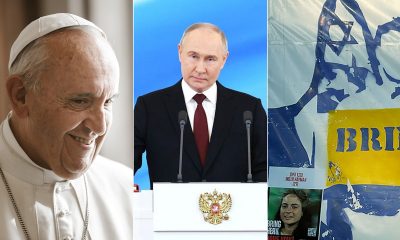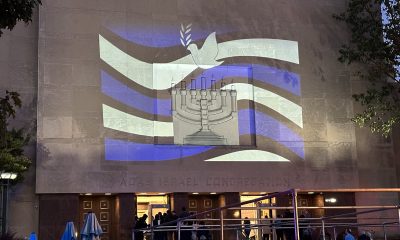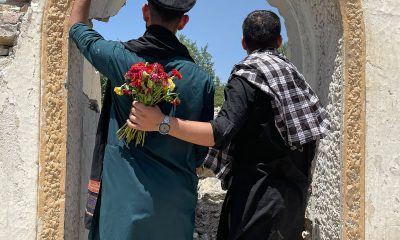Mali
Mali on the verge of criminalizing homosexuality
Country’s Traditional National Council has drafted a new penal code
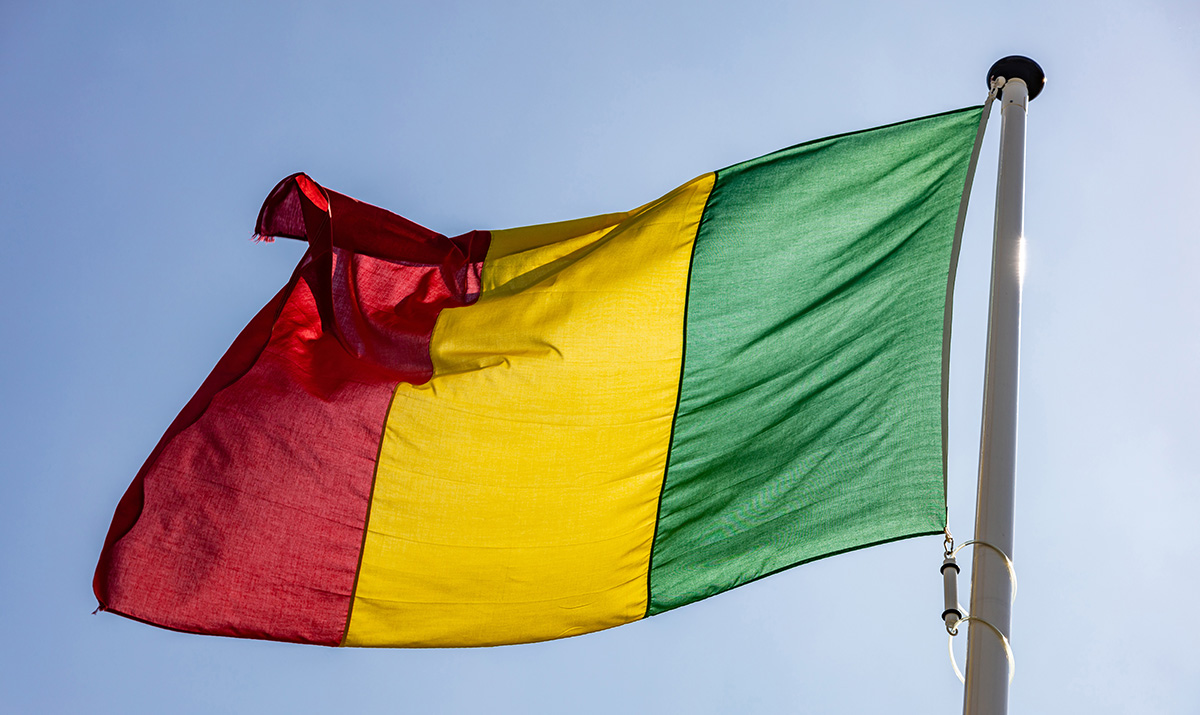
Mali’s Transitional National Council on Oct. 31 adopted a draft penal code that would criminalize acts of homosexuality.
Minister Mamoudou Kassogué after the TNC meeting said any person who advocates or engages in same-sex relations will be prosecuted.
“There are provisions in our laws that prohibit homosexuality in Mali,” he said. “Anyone engaging in this practice, promoting or apologizing for it, will be prosecuted. We will not accept that our customs and values are violated by people from elsewhere.”
Nginda Nganga, an African LGBTQ+ rights activist, said the Malian government should not be concerned about other people’s sexual orientation.
“LGBTQI+ people have always existed, and they always will. It’s a human rights issue, and honestly, I have never understood why some are so concerned about others’ personal choices and private lives,” said Nganga. “It’s strange.”
Eugene Djoko, another African rights activist, said deterring and monitoring one’s sexual orientation will not solve the country’s problems.
“According to the minister, anyone who practices, promotes or glorifies homosexuality will be prosecuted, however, restraining personal liberties is not how you will fix the country’s problems,” said Djoko.
Amnesty International in its 2023/2024 report said violence and discrimination against people based on descent remained prevalent in Mali. The report highlighted several killings based on this type of discrimination.
Although Mali does not recognize same-sex marriages, the country’s constitution and penal code does not criminalize consensual same-sex sexual relations or LGBTQ+ identity. The TNC’s Oct. 31 vote, however, will change the situation for the country’s LGBTQ+ community, even though President Assimi Goïta has not approved them.
The LGBTQ+ community before the Oct. 31 vote already faced a lot of stigma, especially from fellow Malians.
Mali is largely an Islamic country, and Sharia law does not tolerate same-sex sexual relations. The majority of Malians view homosexuality as a Western import.
People in some regions who are found to be part of the LGBTQ+ community can face punishments that range from so-called conversion therapy to amputation, flogging, and even death. Many LGBTQ+ Malians and those who advocate on their behalf remain in the closet or work behind closed doors. Some have opted to leave Mali and seek refuge in countries that protect LGBTQ+ rights.
The actual ramifications of Kassogué’s statements as they relate to consensual same-sex sexual relations or LGBTQ+ advocacy in the country remain unclear.
Arrests of LGBTQ+ people or activists on the basis of sexual orientation are rare, but Malian society tends to handle them under the guise of religious and cultural beliefs as opposed to a law enforcement issue. Law enforcement officials cite acts of indecency when they arrest those who identify as LGBTQ+ or activists.
Goïta, for his part, has yet to explicitly make any public comment on LGBTQ+-specific issues. He has, however, often spoke about his support for Islamic and African values.

-

 Theater5 days ago
Theater5 days ago‘Incitation to the Dance’ asks what happens to love when a younger man cuts in
-

 New York5 days ago
New York5 days agoPride flag removed from Stonewall Monument as Trump targets LGBTQ landmarks
-

 Philippines5 days ago
Philippines5 days agoPhilippines Supreme Court rules same-sex couples can co-own property
-

 Los Angeles4 days ago
Los Angeles4 days agoStonewall Young Democrats bounces back from “quiet year” with Hero Awards
-

 Florida5 days ago
Florida5 days agoDisney’s Gay Days ‘has not been canceled’ despite political challenges
-
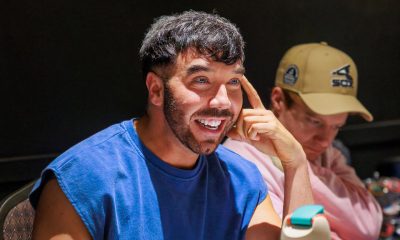
 a&e features2 days ago
a&e features2 days agoFrom ‘So Random’ to sexy theater: LA’s very own Mathew Scott Montgomery
-

 Los Angeles2 days ago
Los Angeles2 days agoA new “queer summer camp” cycling event rises from the legacy of AIDS/LifeCycle
-

 Transgender3 days ago
Transgender3 days agoTrans-led organization FLUX celebrates a decade of “transformative” service to TGI communities
-

 Commentary2 days ago
Commentary2 days agoWhat Grindr’s pricey new subscription says about the gays, intimacy, and capitalism in the age of AI
